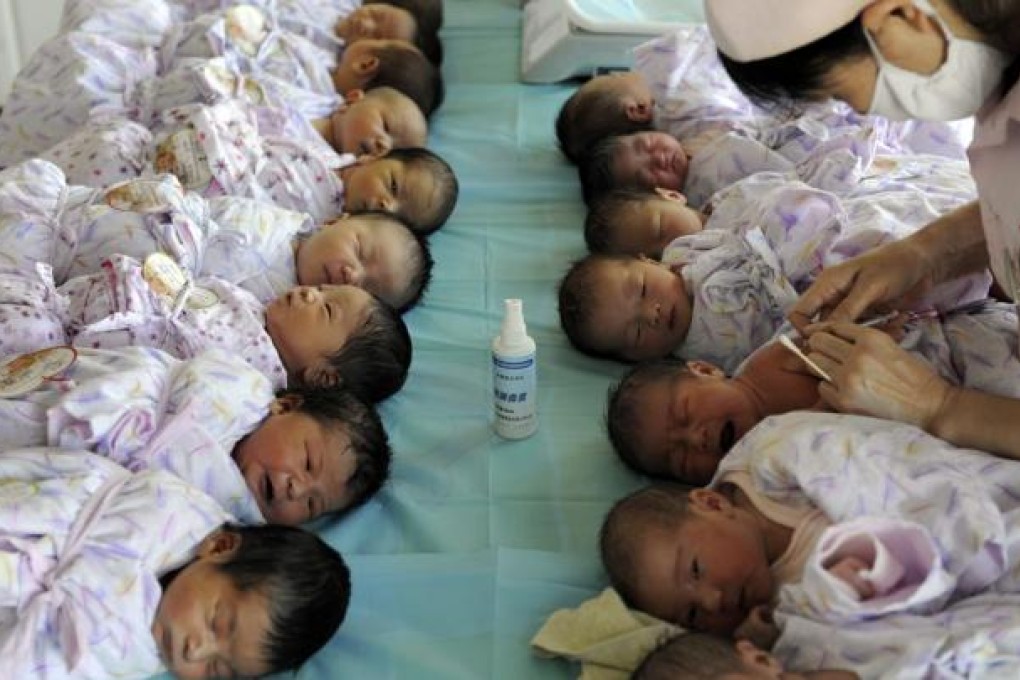New realities drive population policy, experts say
Axing of family planning commission reflects economic, demographic changes, experts say

The decision to dissolve the National Population and Family Planning Commission demonstrates changing attitudes about population control after nearly a half of century of successful - if often brutal - efforts to control the mainland's birth rate, population experts said.
"Social conditions changed, the economy changed, demographics changed," said Huang Rongqing, a professor of population at the Capital University of Economics and Business.
"But what changed most was the administration's understanding of the population issue, that it is an important factor, but not the most decisive factor of the social economy, and that birth control was no longer the most important thing."
Zhai Zhenwu, a demographer with Renmin University, said placing population policies under the powerful National Development and Reform Commission showed the continued importance of demographics in economic decision-making.
The State Council established the original Family Planning Commission in 1964 to promote birth control as the birth rate peaked after the great famine of the early 1960s. Still, the population continued to soar, reaching 800 million in 1970.
The commission was abolished during Mao Zedong's Cultural Revolution in 1968, with family-planning work passed to the Health Ministry and, after 1973, the State Council's Family Planning Leadership Task Force.
The issue took on new urgency in the late 1970s as the post-famine baby-boomers approached child-bearing age.